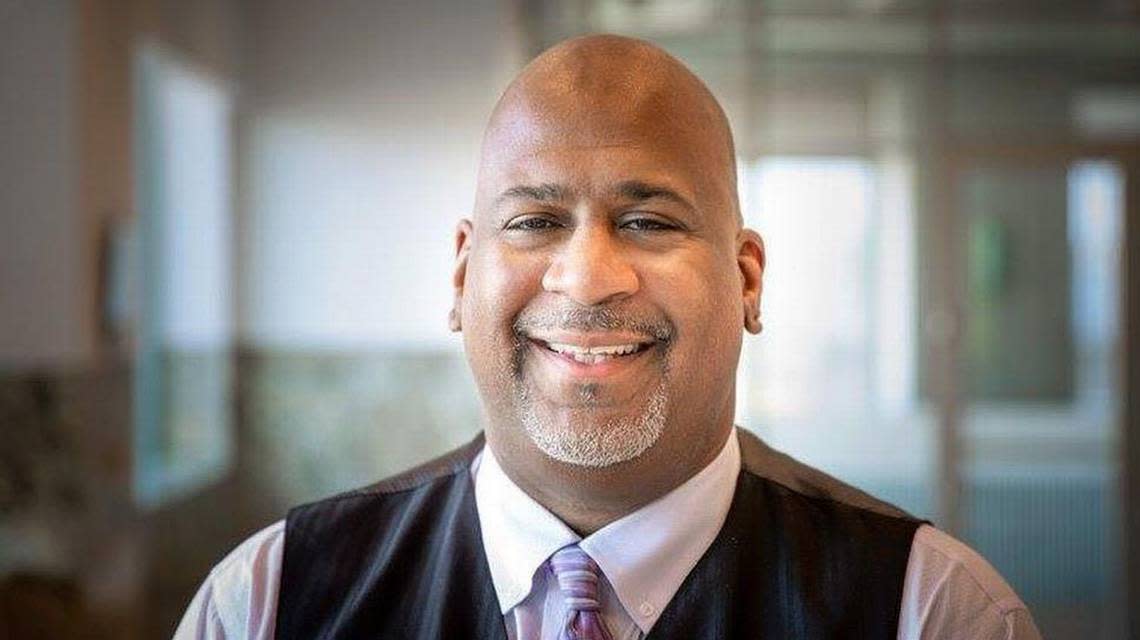‘Kids are not broken.’ Wake County must do more to help its foster kids, manager says.

At the African American Cultural Festival, Wake County Manager David Ellis was back on familiar ground.
Ellis began his government work as a social worker. On that festival day he was working the county’s foster-care booth, hoping to entice people to consider helping children in need.
“The reason they weren’t stopping is because in their estimation, these kids were broken, there’s something inherently wrong with those kids.” Ellis said. “They did not want to engage with them.”
“And so part of what I want to tell you is these kids are not broken.” Ellis told elected, business and community leaders at the Raleigh Convention Center ballroom Thursday afternoon. “These are some smart kids. They need someone to love them.”
‘A minor miracle’
Ellis’ plea came during a State of the City, County and Schools event held by the Greater Raleigh Chamber of Commerce. Panelists included Raleigh Mayor Mary-Ann Baldwin, Wake County Commissioner Chair Shinica Thomas, and Wake County Board of Education Chair Chris Heagarty.
Baldwin touted the recent agreement to use tourism money to improve PNC Arena and the Raleigh Convention Center and build a new hotel.
“It took a minor miracle” to get the project done, she said. It will be one of the city’s largest economic drivers in the future.
Still, questions from audience members hinted at some greater community concerns.
Office buildings in Morrisville are sitting empty as employees continue to work remotely, said Morrsivlle Town Council member Steve Rao. He asked if there was a way get people back into offices and to help surrounding businesses that depend on those workers.
Raleigh has worked with downtown partners to entice city employees to come back to physical offices because they don’t want “it to turn back into a sleepy government capital city,” said City Manager Marchel Adams-David.
“We feel like at least from a local government lens, getting our people back into the workplace is critical because at the end of the day, it’s an equity thing for me,” she said.
“Not everybody is afforded the opportunity to do work that you can do remotely,” she added. “We have our public safety folks who don’t get the privilege of being able to solve crimes from home. They are out on the streets every single day.”
Sleeping in county offices
In May Wake County had 404 foster care children and only 94 homes. Space is so limited that some children are sleeping on beds in county offices or are being sent to other communities.
“As a county we do a lot of things well,” Ellis said. “This is a tremendous community. But we can and we should be doing much better when it comes to children in foster care.”
For more information about becoming a foster parent in Wake County go to wake.gov/foster or attend a foster parent information meeting at 6:30 p.m. Aug. 13, at the Health and Human Services Swinburne Building, 220 Swinburne St.


